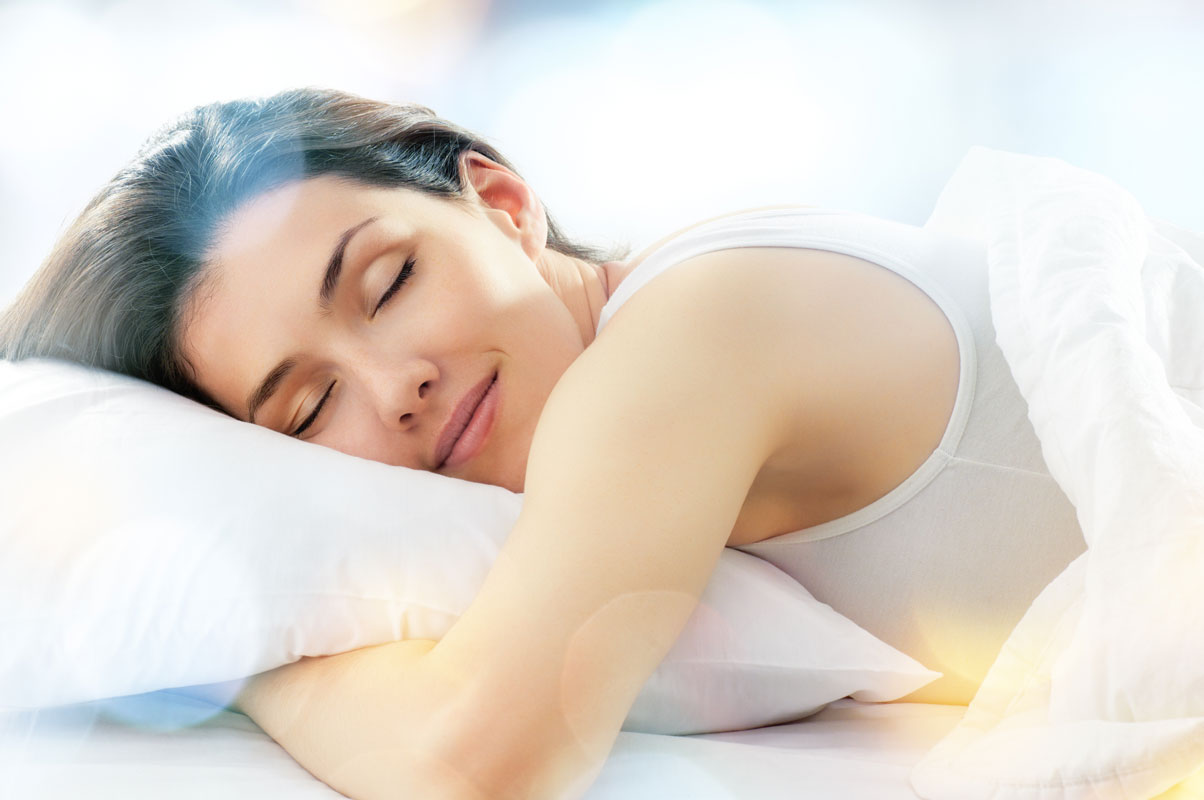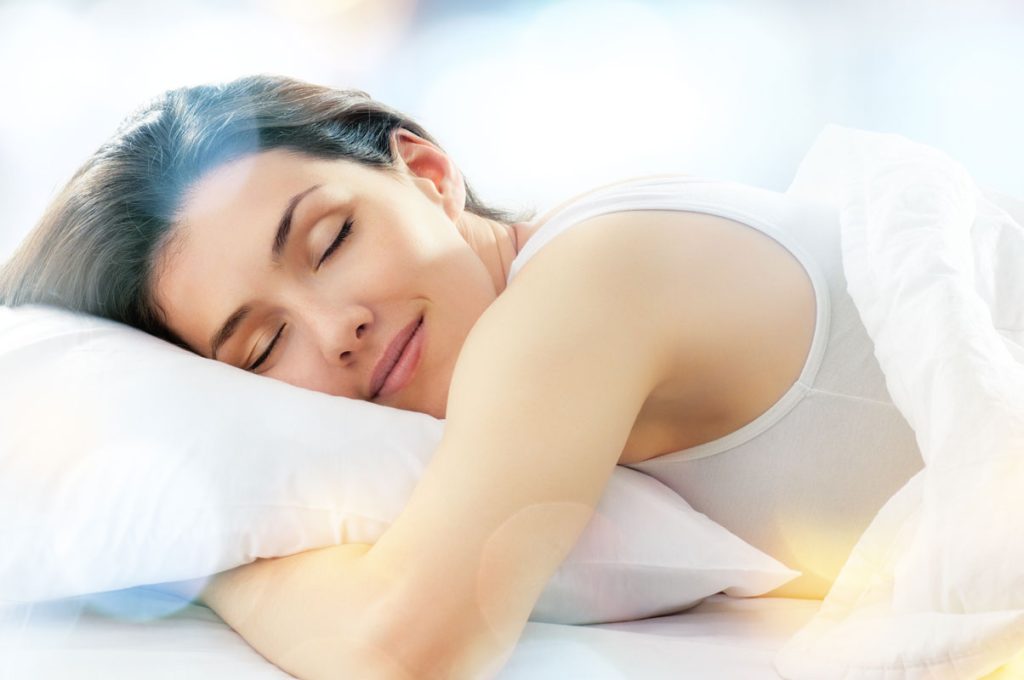
Create your own virtuous cycle. We had to literally think out-of-the-(meal) box, thanks to our dentist’s appointments. We stuck to our two-meal daily intake (lunch and dinner) and ate what we have done for decades — homemade oil-less food that we recommend. We ‘upped’ our meal times: lunch at noon, supper at 6pm, and decided to turn in at 8pm. Early to bed and early to rise may or may not make us wealthy. But it definitely ticks the healthy and wise boxes. Just waking up before dawn is like gaining an extra day. But before we get to sleep and its benefits, let’s get one thing straight.
Covid-19 has changed our lives forever. India’s premier health research authority, ICMR, ‘sampled’ 729 severe Covid cases in a ‘multicentric case-control study’ of those who prematurely died between October 1, 2021 and March 2023. In Gujarat alone, 10 died due to heart attacks at garba/dandiya events during Navratri. The youngest — a 17-year old. ICMR dug into a ‘possible Covid link with instant unexplained deaths’ and cautioned that those who had recovered from severe Covid infections should desist from extra physical labour at work, workouts, etc.
Medical information of its 729 subjects, and their health and behavioural aspects towards tobacco, alcohol and strenuous physical activity was recorded. As were their Covid conditions (were they hospitalised and had they received a Covid vaccine?). The ensuing database was compiled and compared with 2,916 people belonging to the same age group, gender and locality.
The study found that the odds were higher with persons having a family history of sudden death, being in a hospital for Covid, and bingeing on both drinking and intense physical activity shortly before collapsing. This deadly duo burns life’s candle at both ends. To meet death on the double. Hence, ICMR recommended a two-year break from over-exertion for ex-Covid cases.
In addition, how often have we heard or read about middle-aged people apparently, in prime condition, passing away prematurely? A singer gasping for breath onstage and being declared dead soon after. An apparent health freak having a lethal last run on the treadmill.
We lost a friend who said ‘good morning’ on Whatsapp and departed the same afternoon during his siesta. His death shocked us. Life today can be a grim game and one seldom knows who will draw death’s short straw. People in their apparent prime are no exception. Mental/emotional stress, physical strain, air pollution… anything or everything seems to play a part in setting up situations and targets for the silent assassin.
Sleep, your apparent downtime, is actually ‘do time’ for your body’s repair-and-recuperate routine. Like it or not, roughly one-third of your life should be spent sleeping. This works out to around eight hours in a 24-hour day-night cycle. Some might say sleep is simply a waste of time. Do you too? If your answer is ‘no’, that is a positive going for you. If your reply is negative, it is time to set your alarm clock for a wake-up call. Sunrise and sunset are not just for the birds. They apply to all that is natural, including all of us.
Fortunately, there is now a fast-growing recognition of the rewards of deep sleep. Mattress makers and medicines push and prod us with sleep’s ‘miracle-like’ messages to promote those magical nocturnal eight hours as the seventh wonder. So much so that there are now sleep-specialist doctors and a whole pharma industry in its wake. The sleep economy, including supplements, diagnostics, consumer devices and apps, will record $585 billion this year.
Book publishers too have pitched in. ‘Mapping the Darkness: The Visionary Scientist who Unlocked the Mysteries of Sleep’ by Kenneth Miller is one such body of work. As the title implies, Miller records pillow pioneers, their manner and methods to enable people to ‘sleep easy’. Pre-industrial Revolution, humans were body-tuned to the rhythm of dawn and dusk. Artificial lights and working night shifts changed the dynamics of sleep. Digital devices and blue light confuse our body clocks. In the 1930s, Nathaniel Kleitman founded the field of sleep science. His experiments examined how sleep interacts/interferes with the body’s other cycles. Disorders like narcolepsy (excessive daytime drowsiness), sleepwalking, etc went under the medical microscope. Eventually, these disorders in turn lead to low productivity and accidents.
Indian tech czar Narayana Murthy might have talked about a 70-hour work week, but we can say that it is at odds with nature. As it is, the third shift is observed to be a long-term deterrent for health if persisted with for a long period of time.
Read in our present context, and confining it to just the third shift, it goes against the natural human grain and negates the emerging trends of flexible working hours and work-from-home. But then again, this is apparently the age of artificial intelligence and robotics. Perhaps, in the fitness of things and themes, robots could be the answer. And the next best thing? Maybe the third shift will get the short shrift! And AI and robots the last shift for starters…
The writers are authors of Fitness for Life and Simply Spiritual – You Are Naturally Divine and teachers of the Fitness for Life programme






